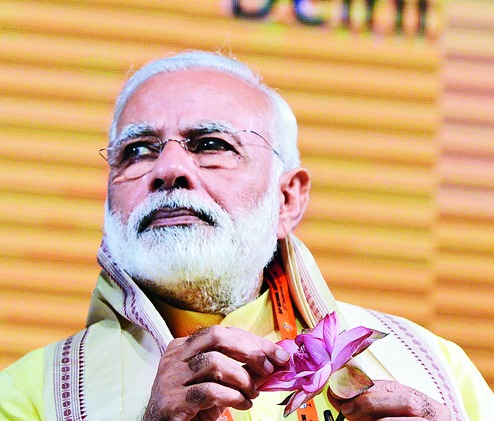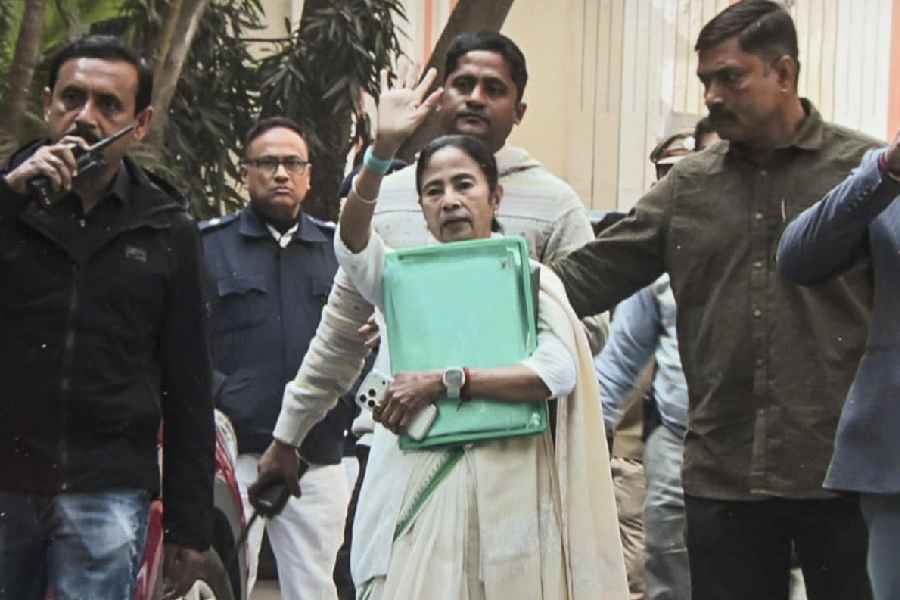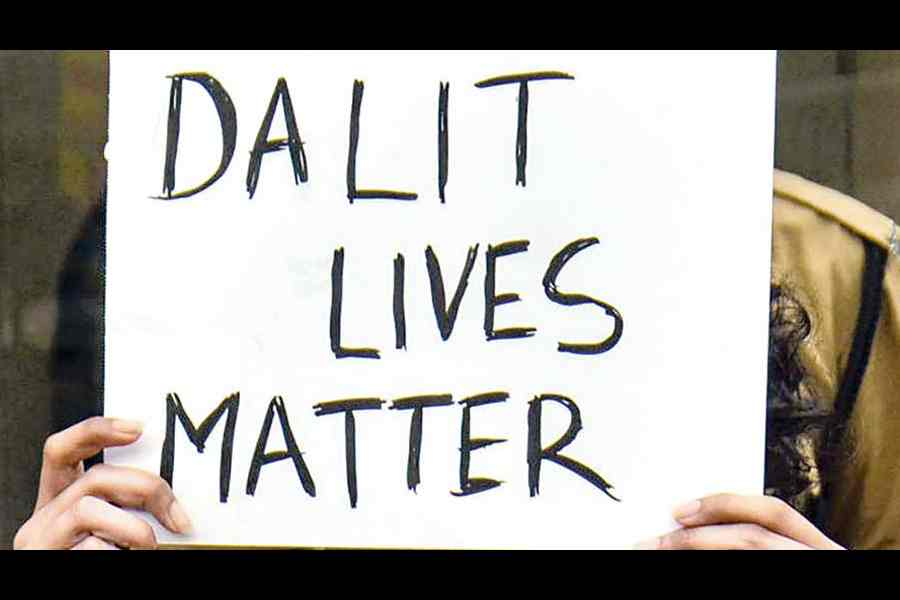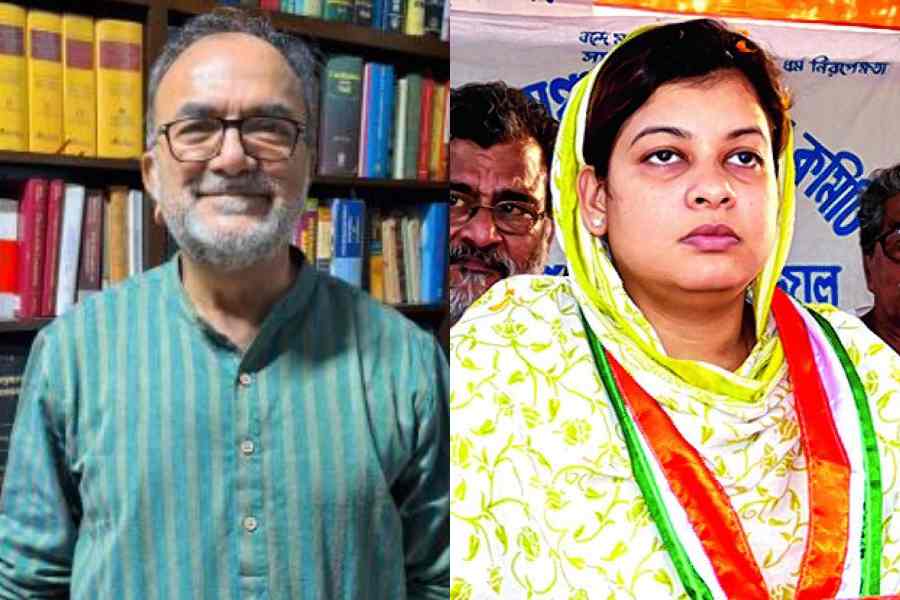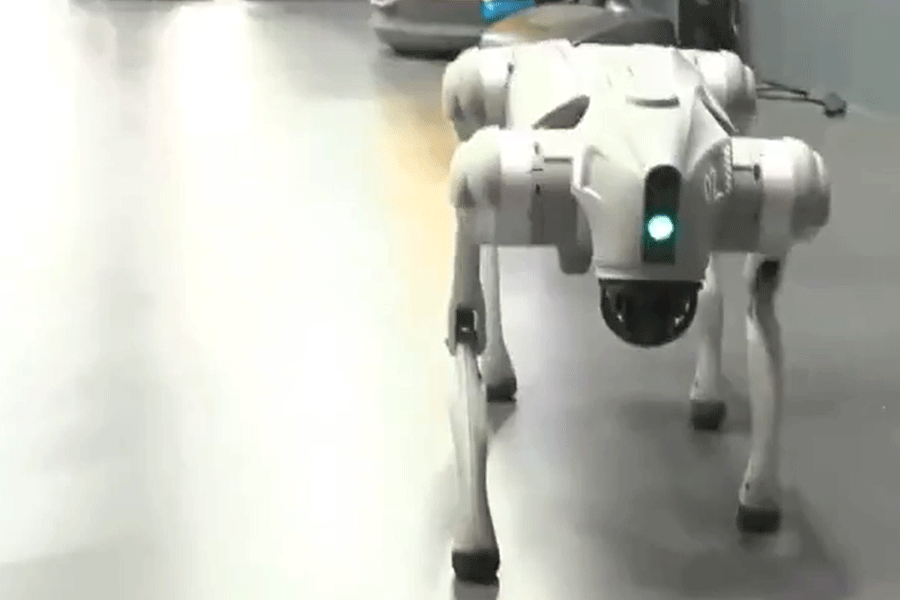
Prime Minister Narendra Modi
The Bihar government will urge Prime Minister Narendra Modi to lay the foundation for a sewerage system in Patna when he visits the city next week.
Narendra Modi will be in Patna on October 14 for Patna University's centenary year celebrations. Deputy chief minister Sushil Kumar Modi on Thursday said the Prime Minister would be requested to lay the foundation stone of the new sewerage system and a sewage treatment plant then.
'We will request the Prime Minister to lay the foundation stone of the sewerage system the day he will come to Patna for the Patna University function,' Modi, who is in charge of the environment and forests department, said at a programme marking Dolphin Day celebrations.
The construction of a sewerage system and the treatment plant is being done as part of the Mission National Mission for Clean Ganga, a.k.a. Namami Gange, in Bihar that aims to check pollution in the Ganga, and works towards its conservation and rejuvenation.
Bihar has decided to use the treated water for irrigation. 'We think the Ganga should get water from its own sources and tributaries, so the state government has decided to use the treated sewage water for irrigation,' Modi said, also speaking on sapling-planting programmes on the Ganga's banks. In the current fiscal, 1.35 lakh saplings will be planted.
So far as the sewerage project is concerned, sources said it entails dividing Patna into six zones - Saidpur, Beur, Karmalichak, Pahari, Digha and Kankerbagh - developing the network in the areas and also set up sewage treatment plants. Once the work is complete, Patna is expected to have a drainage network of 1,163km with sewage treatment plants that will treat 308 million litres of water per day.
Patna generates about 290 million litres of water of drainage water at present, and even though it has three functional sewage treatment plants, these can just treat 109 million litres of drainage water a day. However, only 76 million litres of water a day is treated and the rest flows directly into the Ganga.
Under the clean Ganga mission, Bihar will also benefit in the form of a study, to be conducted by the Wildlife Institute of India (WII), Dehradun, to suggest ways for restoring the biodiversity of the river. The study was formally commissioned for Bihar on Thursday during the Dolphin Day programme where senior WII scientist S.A. Hussain was present.
'The project includes setting up a dedicated centre at WII for studying the data generated from the field and analysing it in detail. Devising special plans for conservation of aquatic species of the river is the second most important aspect of this project,' said Hussain.

